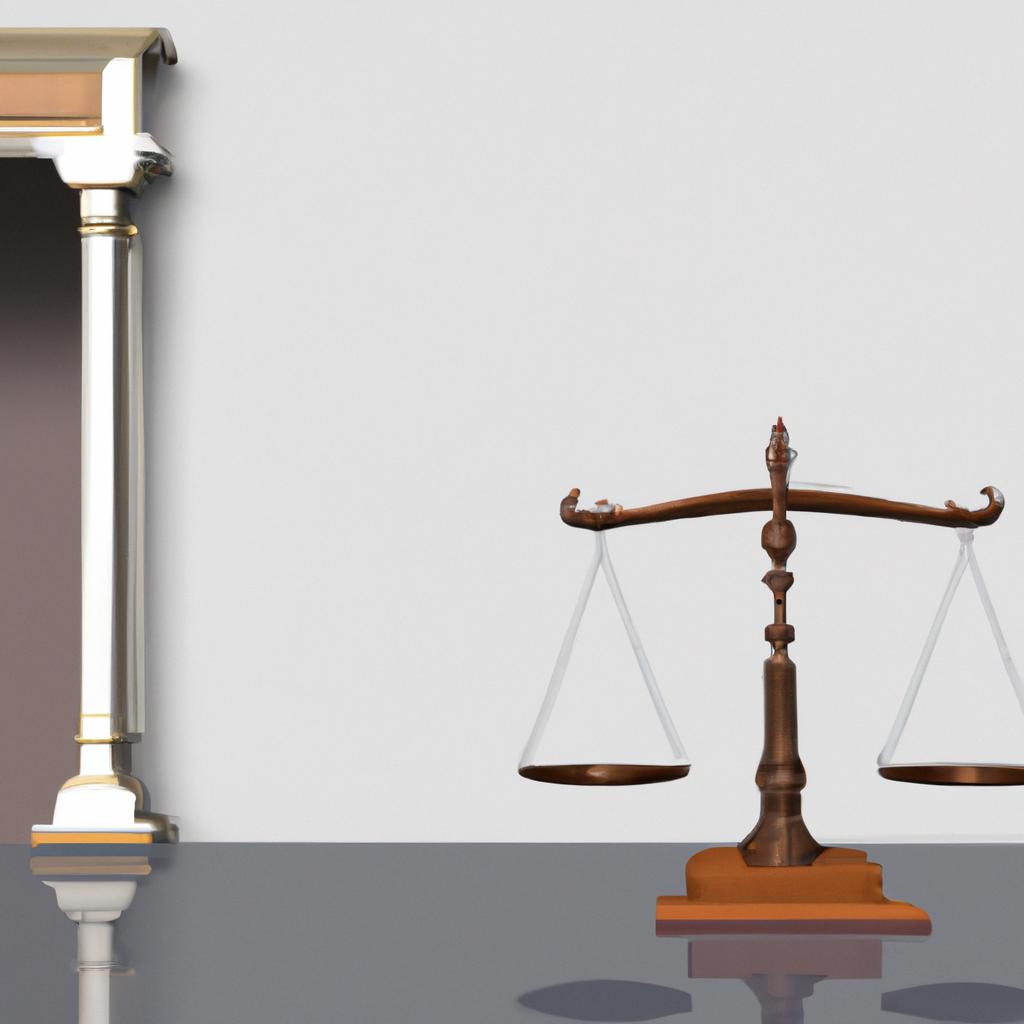In the intricate realm of estate planning, the significance of a last will cannot be overstated. A testamentary document imbued with the final wishes of an individual, a last will serves as a crucial instrument in the distribution of assets and the protection of one’s legacy. As experienced practitioners in the field of estate law, the Morgan Legal Group in New York City navigates the complexities of wills with precision and care. Join us as we unravel the nuances of the last will, exploring its meaning, function, and importance in securing a lasting legacy.
Understanding the Purpose of a Last Will
When it comes to estate planning, one of the most crucial documents to have in place is a Last Will and Testament. This legal document outlines your final wishes regarding the distribution of your assets, care for your dependents, and the appointment of an executor to carry out your wishes. is essential in ensuring that your wishes are properly executed and your loved ones are taken care of after your passing.
By having a last will in place, you can:
– Specify how your assets will be distributed: Your last will allows you to designate who will receive your property, money, and possessions after your passing.
- Appoint a guardian for your minor children: Your last will enables you to name a guardian for your children in the event of your death.
– Name an executor: Your last will allows you to appoint someone to handle the administration of your estate and ensure that your wishes are carried out.

Key Components of a Comprehensive Last Will
Overview
When it comes to creating a last will and testament, there are key components that should be included to ensure that your final wishes are carried out effectively. A comprehensive last will should cover all aspects of your estate and provide clear instructions on how your assets should be distributed.
Key Components
In order to create a comprehensive last will, there are several key components that should be included:
- Executor: The person who will be responsible for carrying out the instructions in your will.
- Beneficiaries: The individuals or organizations that will receive your assets.
- Guardianship: If you have minor children, you should nominate a guardian to care for them in the event of your passing.
- Assets: A list of all your assets, including property, investments, and personal belongings.

Importance of Seeking Professional Legal Assistance for Drafting a Last Will
When it comes to creating your last will, seeking professional legal assistance is paramount. A well-drafted last will ensures that your final wishes are carried out as intended, providing peace of mind for both you and your loved ones. By working with experienced attorneys, you can benefit from their expertise and knowledge in estate planning to create a comprehensive and legally sound document that addresses all your concerns and protects your assets.
Professional legal assistance also helps to minimize the risk of potential disputes or challenges to your last will. Attorneys can navigate complex legal requirements and ensure that your will complies with state laws, reducing the likelihood of costly litigation in the future. With expert guidance, you can create a clear and unambiguous last will that reflects your wishes and helps to avoid confusion or misinterpretation after your passing.

Ensuring Adequate Distribution of Assets Through a Thoughtfully Crafted Last Will
When it comes to crafting a last will, it is crucial to ensure that your assets are distributed in a thoughtful and strategic manner. A well-drafted last will can help prevent disputes among your loved ones and provide clarity on how you wish for your estate to be divided.
By carefully considering all your assets and beneficiaries, you can create a comprehensive plan that reflects your wishes and values. Through a last will, you can designate specific items to certain individuals, allocate assets based on their needs, and even establish trusts for minors or individuals with special needs. Taking the time to create a detailed and clear last will can provide peace of mind knowing that your assets will be distributed in accordance with your wishes.
Q&A
Q: What is the meaning of a last will?
A: A last will, also known as a testament, is a legal document that outlines how a person wishes to distribute their assets and property after their death.
Q: Why is having a last will important?
A: Having a last will is important for ensuring that your wishes are carried out after you pass away and for providing clarity and guidance for your loved ones during a difficult time.
Q: What happens if someone dies without a last will?
A: If someone dies without a last will, their assets and property will be distributed according to the laws of intestacy in their state, which may not align with their wishes.
Q: Can a last will be changed or revoked?
A: Yes, a last will can be changed or revoked at any time as long as the person is of sound mind and follows the legal requirements for making changes.
Q: Who should have a last will?
A: It is advisable for all adults, regardless of age or wealth, to have a last will to ensure that their wishes are respected and their loved ones are provided for in the event of their death.
In Retrospect
In conclusion, understanding the meaning and importance of a last will is essential for ensuring that your final wishes are carried out with peace of mind. By taking the time to create a clear and legally binding document, you can leave a lasting legacy for your loved ones and protect your assets. Remember that your last will is a reflection of your values and desires, so it is crucial to make it a priority in your estate planning. Take control of your future and leave a lasting impact by drafting your last will today.


